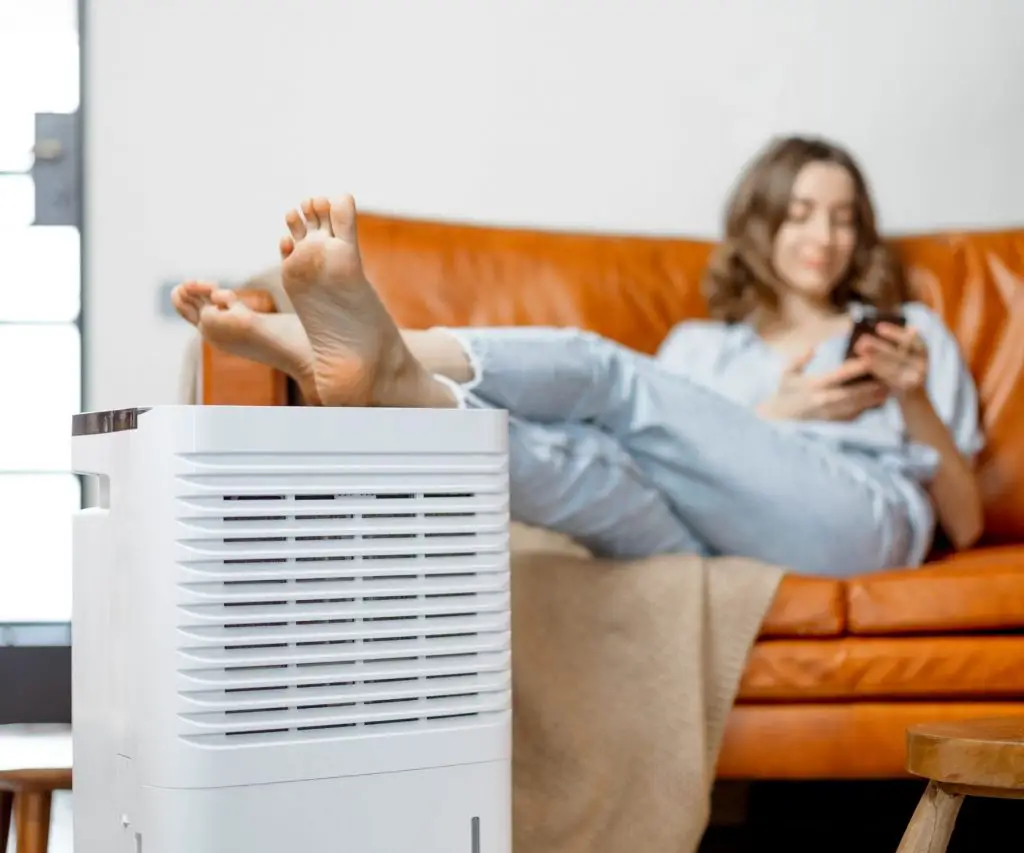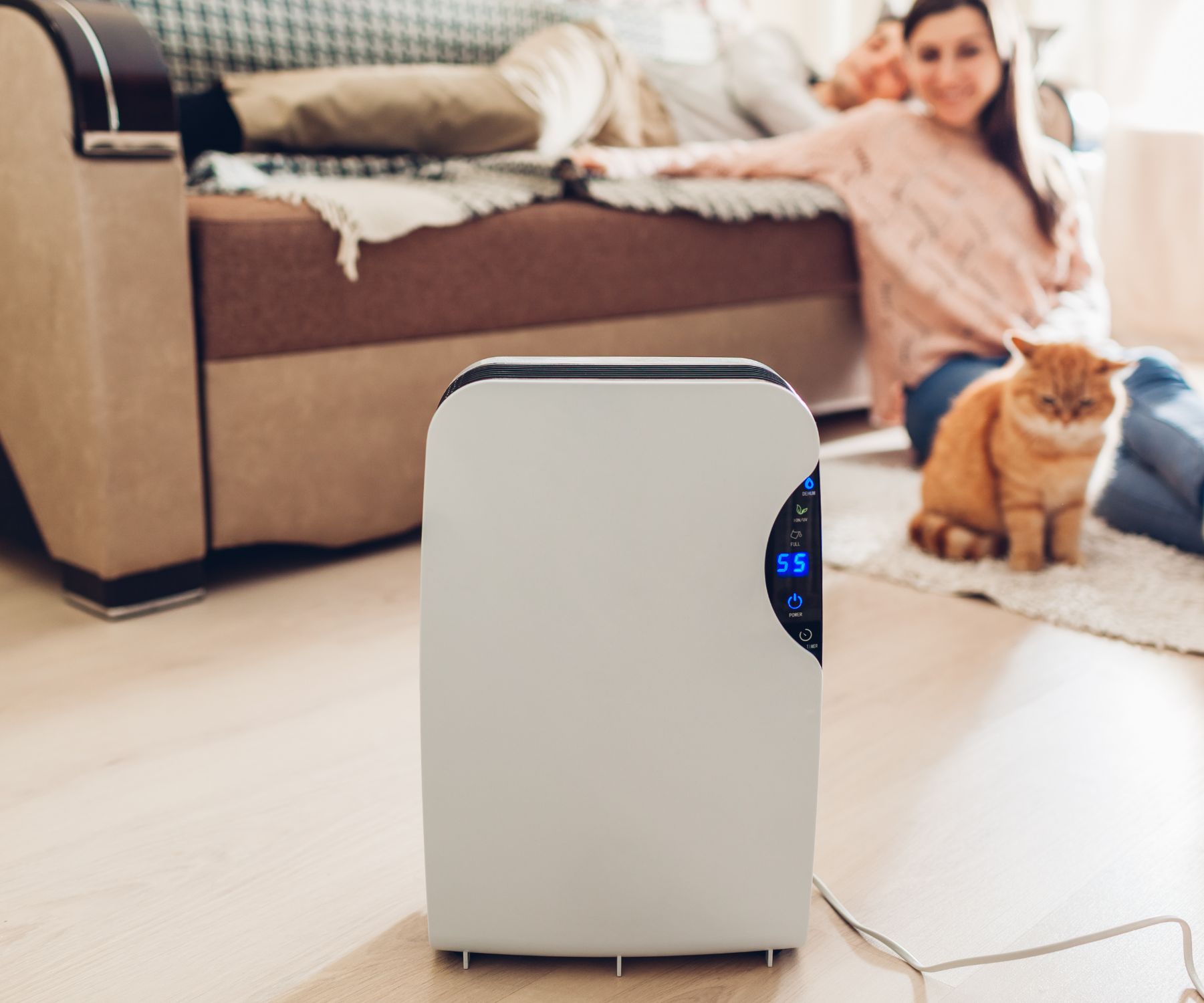“How do you know if your room needs a dehumidifier?
One way is to check for signs of excessive humidity such as musty odors, mold growth, or dampness on walls and floors. You can also use a hygrometer to measure the humidity level in the room which should be between 30-50%. If it is consistently above 50%, a dehumidifier may be necessary to reduce the humidity and prevent potential health hazards.”
 How Do You Know Whether a Room Needs a Dehumidifier?
How Do You Know Whether a Room Needs a Dehumidifier?
Humidity is an essential element of our environment, but when it gets too high, it can lead to a whole host of problems. The air in our homes can become stuffy and damp, leading to musty odors, mold growth, and even health problems such as allergies and respiratory issues.
One way to combat high humidity levels is through the use of a dehumidifier. But how do you know if your room needs a dehumidifier? In this article, we’ll explore the signs of excessive humidity and the steps you can take to determine if a dehumidifier is necessary in your home.
One of the most obvious signs of excessive humidity is musty odors. If your home has a damp, musty smell, it’s a clear indication that the humidity levels are too high.
This smell can be caused by mold and mildew growth, which thrive in damp environments. If you notice mold growth on walls, floors, or in other areas of your home, it’s another indication that your humidity levels are too high.
Dampness on walls and floors is another sign of high humidity. If you notice that your walls or floors feel damp to the touch, it could be a sign that there is too much moisture in the air. This can lead to warping of wooden floors, peeling paint, and even structural damage over time.
In addition to these visual cues, you can also use a hygrometer to measure the humidity level in your room. A hygrometer is a device that measures the amount of moisture in the air. Ideally, the humidity level in your home should be between 30-50%. If the humidity level is consistently above 50%, it’s a good indication that you need a dehumidifier in your room.
What size Dehumidifier do I need?
If you’ve determined that your room needs a dehumidifier, you may be wondering how to choose the right one. The size of your room, the climate in your area, and your budget are all factors to consider when choosing a dehumidifier.
A small room in a moderate climate will require a smaller unit than a large room in a hot, humid climate. It’s important to choose a dehumidifier with a capacity that is appropriate for the size of your room.
Another important feature to look for in a dehumidifier is a built-in humidistat. A humidistat is a device that measures the humidity level in a room and automatically turns the dehumidifier on and off to maintain a comfortable humidity level. This can save you energy and money in the long run.
When using a dehumidifier, it’s also important to properly maintain the unit. Be sure to clean the filter regularly, and empty the water tank as necessary. A clogged filter can cause the unit to work less efficiently, and a full water tank can cause the unit to shut off prematurely.
In conclusion,
Excessive humidity can lead to a variety of problems in your home, from musty odors to mold growth. By keeping an eye out for the signs of high humidity and using a hygrometer to measure the humidity level in your room, you can determine if a dehumidifier is necessary. And with the right dehumidifier and proper maintenance, you can keep your home comfortable and healthy all year round.
To determine if a room needs a dehumidifier, you can check for signs of excessive humidity such as musty odors, mold growth, and dampness on walls and floors. You can also measure the humidity level in the room using a hygrometer, which should ideally be between 30-50%. If the humidity level is consistently above 50%, a dehumidifier may be necessary to reduce the humidity and prevent potential health hazards.








